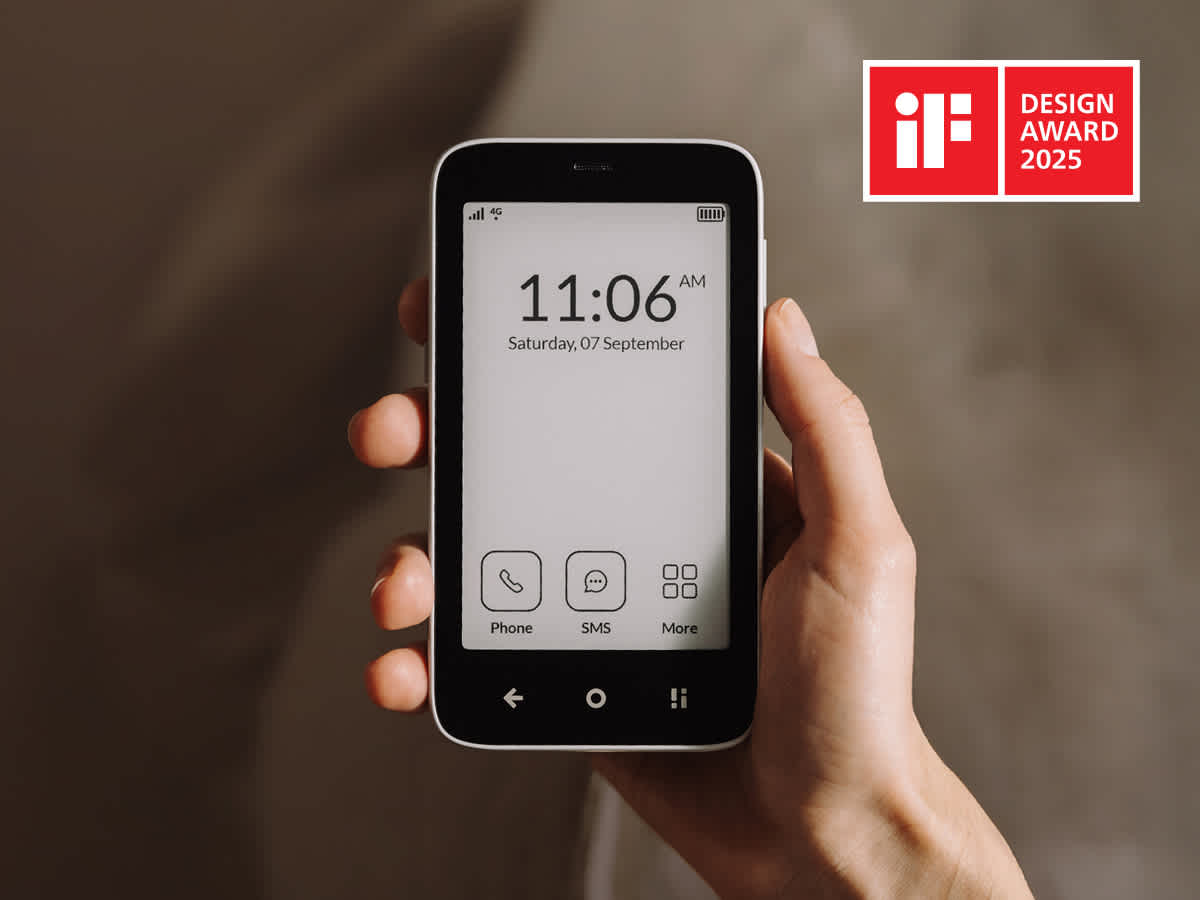Android 16 is here
-
Features:
- Some small back-incompatibilities to irritate devs.
- Moving menues around to irritate users.
- More logs to spy on users.
- More lags and freezes to stimulate upgrades.
- Some evil shit for the sake of evil.
- New wallpapers.
- Some AI shit nobody asked for.
- ... More shit...
- Even more shit...
-
Features:
- Some small back-incompatibilities to irritate devs.
- Moving menues around to irritate users.
- More logs to spy on users.
- More lags and freezes to stimulate upgrades.
- Some evil shit for the sake of evil.
- New wallpapers.
- Some AI shit nobody asked for.
- ... More shit...
- Even more shit...
Woah that’s more than 6.
-
Woah that’s more than 6.
Rotate your phone 180 degrees.
-
At least it doesn't have super distracting glass effects everywhere.
-
-
Rotate your phone 180 degrees.

-
Been real for a while, been using the barfing moon a lot.
-

-
they took out the eggplant and the peach emoji
-
This is Lemmy so...

BEANS!
-
I so don’t regret saying fuck Google this year and getting an iPhone.
-
These are all app features, not OS features.
-
they took out the eggplant and the peach emoji
Yeah now we've gotta use the pickle.

-
And here i am with my phone still stuck on 14... I know it was a short time between 15 and 16, but still, catch up a little bit! Honestly, my only complaint about Android. I am not a fan of the pixel series either.
Edit: Never mind! I decided to check for an update and found it was ready as of early May, but for some reason, my phone didn't check. Installing now. Now to wait another 8 months for 16.
-
I so don’t regret saying fuck Google this year and getting an iPhone.
But youre getting liquid
 ️ass. As if that's a better option.
️ass. As if that's a better option. -
I so don’t regret saying fuck Google this year and getting an iPhone.
The one thing you'll get to look forward to is any features Android is getting right now you'll get in 5 years.
-
The one thing you'll get to look forward to is any features Android is getting right now you'll get in 5 years.
For the low low price of supporting a sell out company that is willingly collaborating with the Trump regime, I’ll get Android 16.
Loves me some Samsung, but am too disgusted with Google.
-
But youre getting liquid
 ️ass. As if that's a better option.
️ass. As if that's a better option.Liquid ass that just works.
-
Liquid ass that just works.
I have both. One for work. Use both everyday. I genuinely don't get this argument. iPhones don't work better. In any single way (this new update exclude, idk about that yet)
-
-
-
Brain-computer interfaces: Brain implants are letting people move, speak, and interact with machines using only their thoughts. The first FDA approvals may arrive within five years.
Technology 1
1
-
-
Microsoft and the CWA reach a tentative contract agreement for ~300 ZeniMax QA workers after two years of talks, marking Microsoft's first US union contract
Technology 1
1
-
The European Commission says it is investigating Pornhub, Stripchat, XNXX, and XVideos for potential child safety Digital Services Act (DSA) violations “as a matter of priority”
Technology 1
1
-
-





